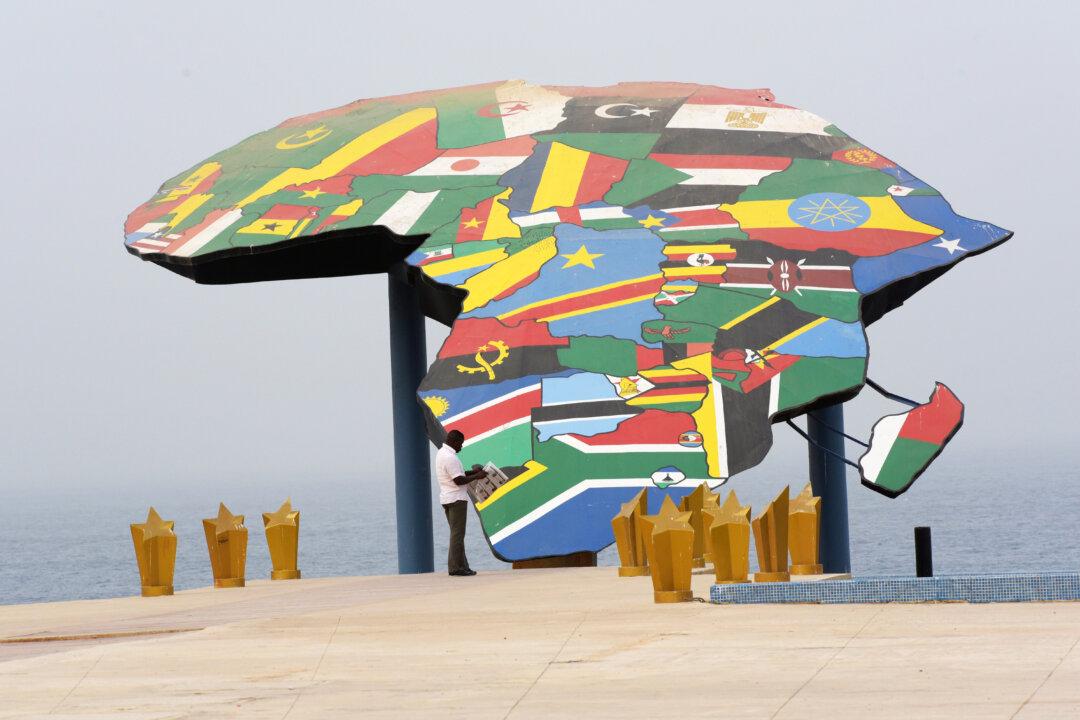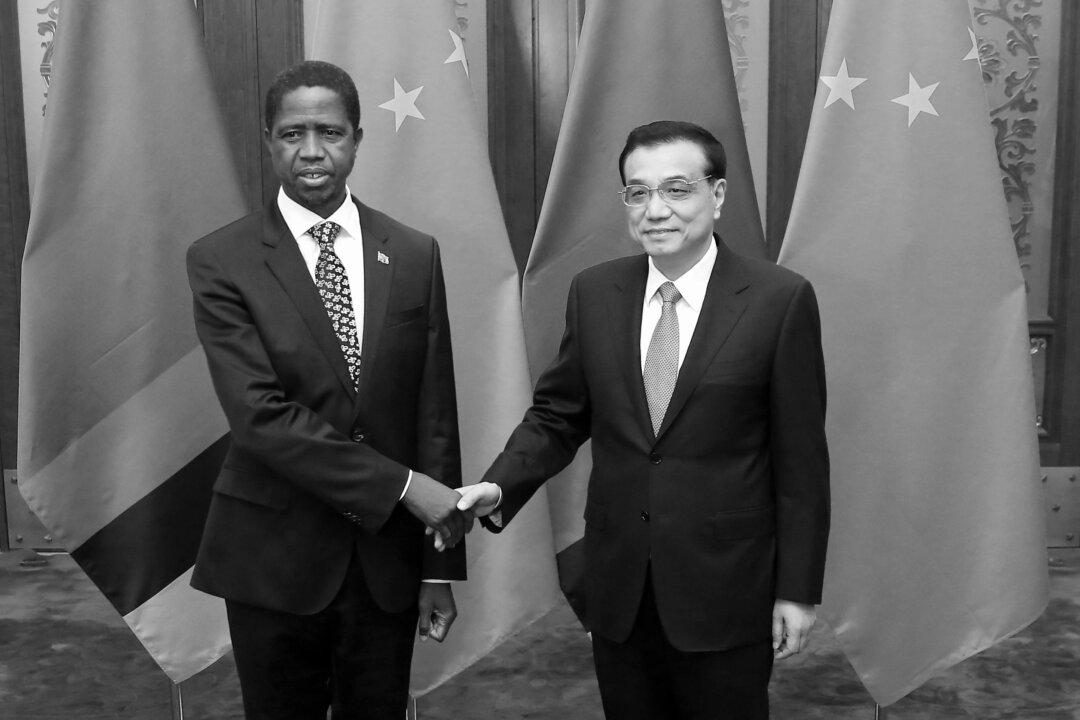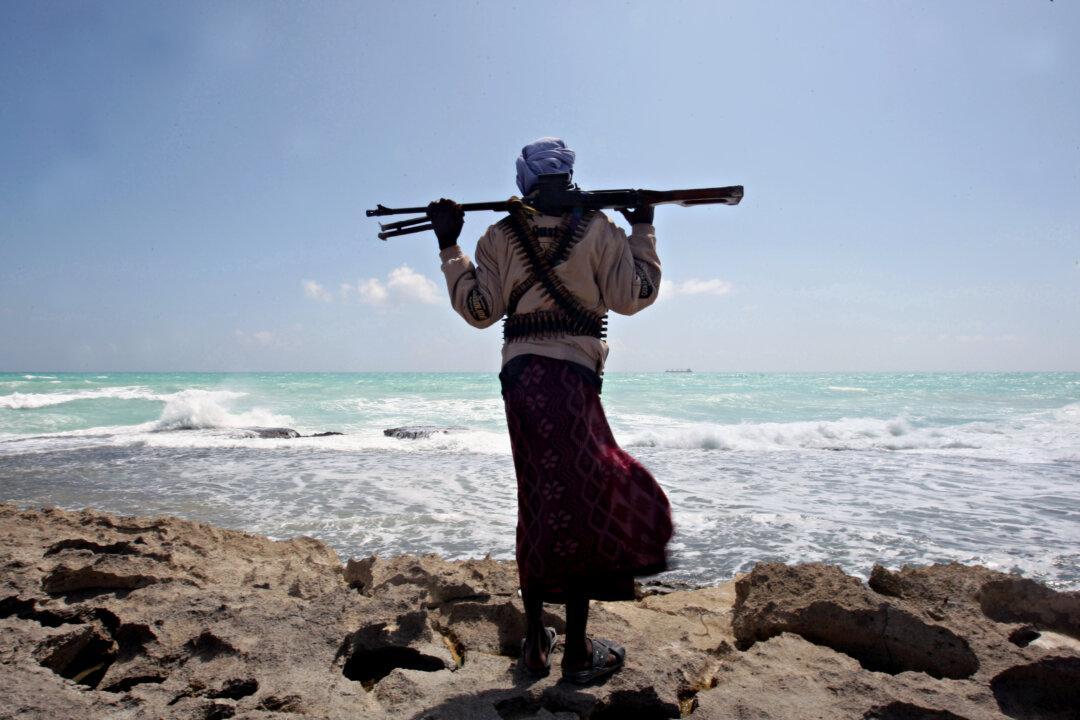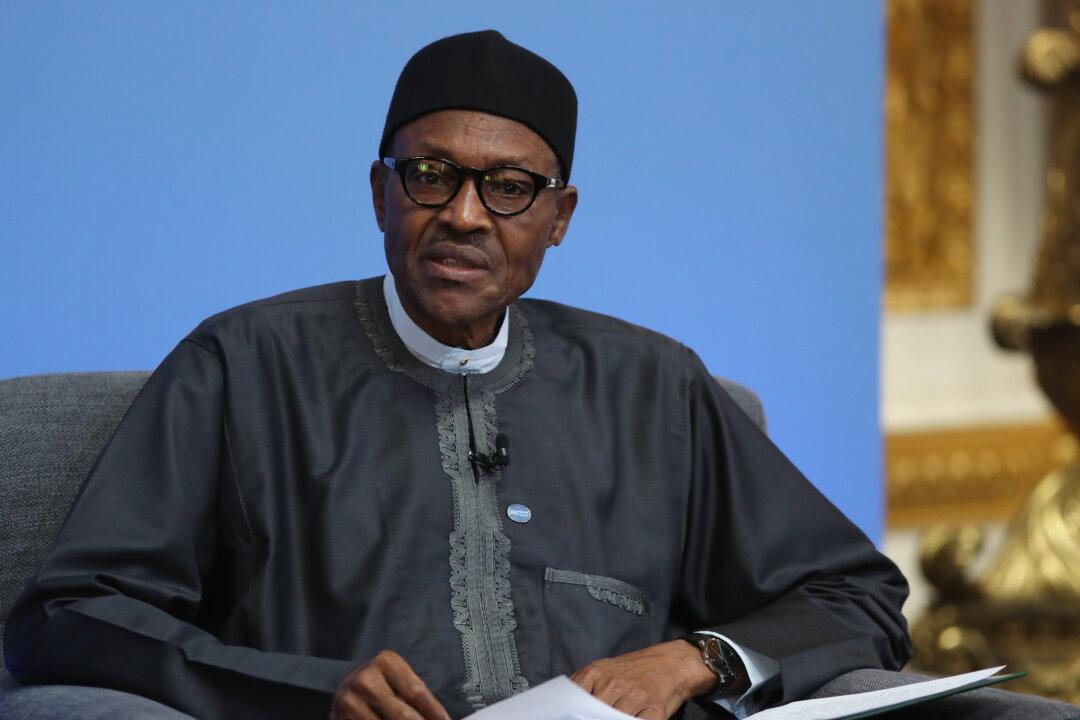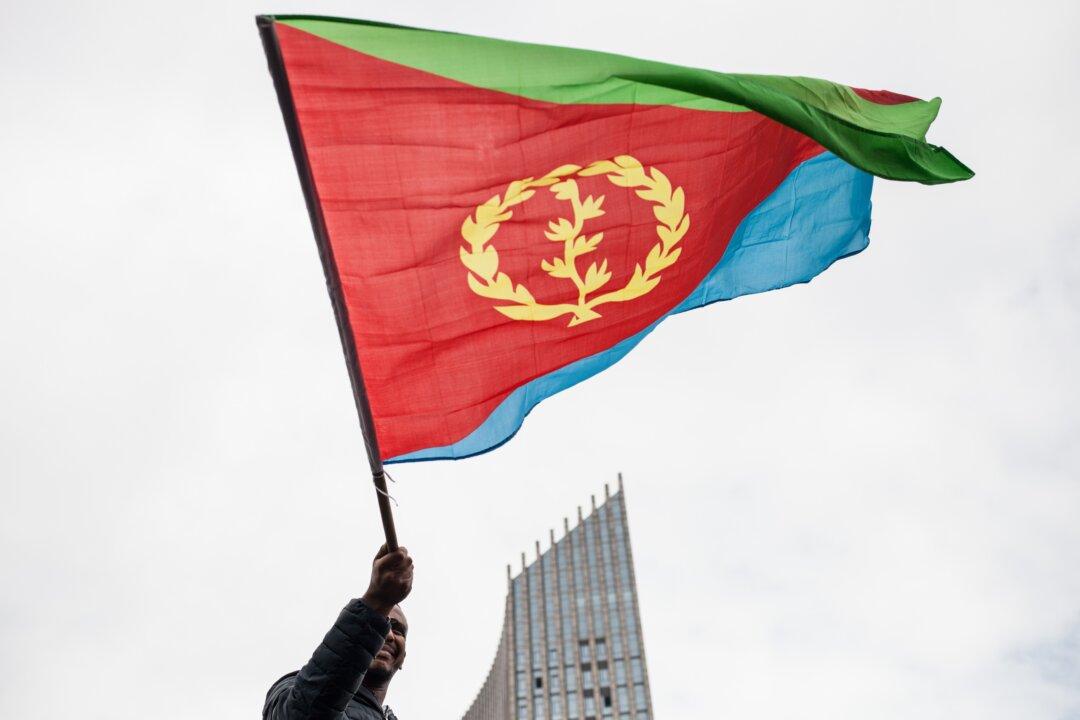In Sub-Saharan Africa as a whole, 2015 was a banner year for democratic transitions.
In Nigeria, military coups and counter-coups have accounted for most leadership changes since independence was established in 1960. Fears of violence surrounding the defeat of Goodluck Jonathan were dispelled by his historic concession to former military dictator Muhammadu Buhari.

Nigeria's President Muhammadu Buhari gives an interview to AFP during the 25th African Summit in Johannesburg on June 14, 2015. Mujahid Safodien/AFP/Getty Images
